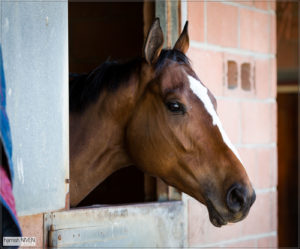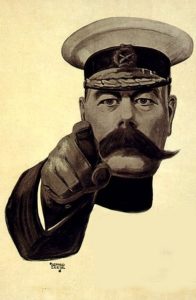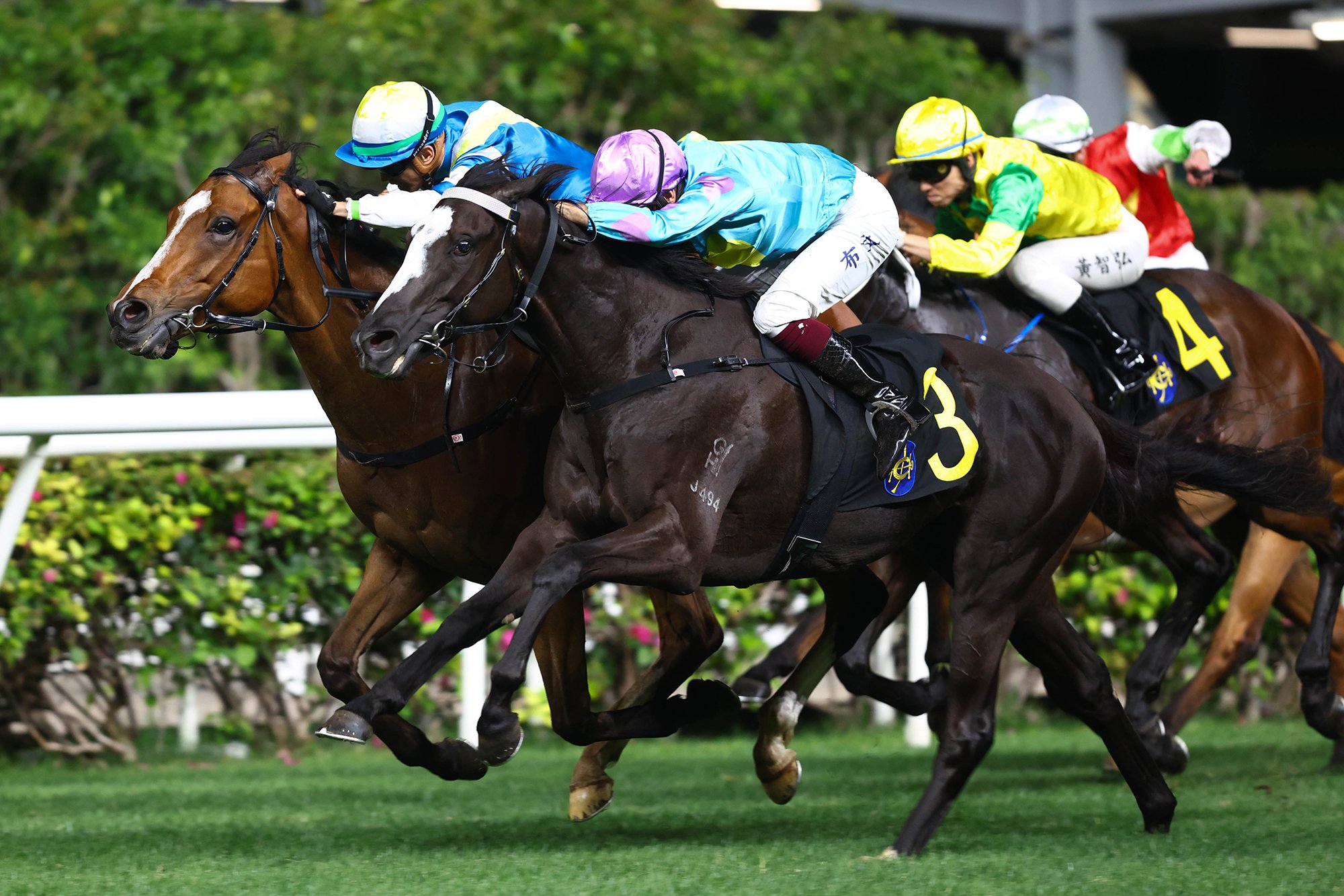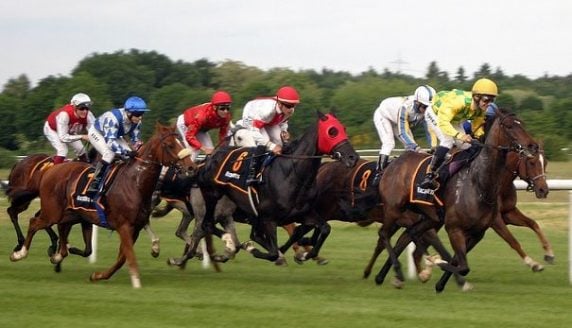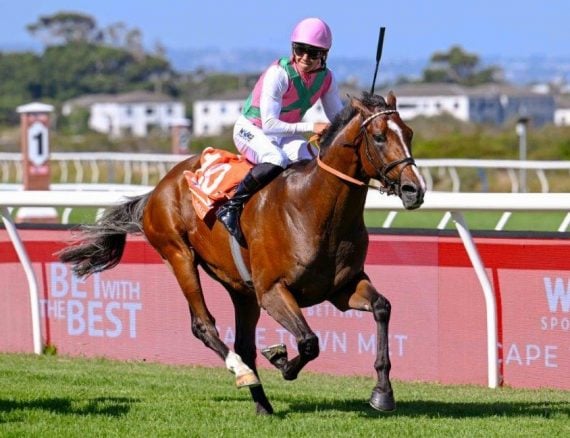Last week saw an ugly incident raise its head in a very public manner regarding the ownership of a horse. It was an extremely unfortunate incident, which not only left a bitter taste in the mouth of a long-standing owner, but served to add another blot to the already untidy reputation of the racing industry. There are a number of high profile individuals involved and I don’t wish to go into the specifics – those are already in the hands of the relevant authorities – but the incident served to highlight – yet again – the need for a formal racehorse retirement policy.
They say wisdom comes from experience. The problem with experience is that it generally turns up just after you need it. Unfortunately in this case, experience came a little too late, but with a bit of luck, it may not have been for nothing if the lessons learnt can help someone else along the line. I think it was Maya Angelou who said that one does the best you can until you know better. Once you know better, you do better. So here goes.
First principles
To unravel the whole process we have to remember one fundamental thing. Incredible as it sounds when it comes to a half ton speed machine, humans have reduced the horse – and the Thoroughbred in particular – to a helpless creature. If you think that’s excessively dramatic, consider this: a horse is a creature of movement. It is designed to live in a group, cover distances of around 30km per day and eat more or less constant small amounts of low quality roughage. Of course, humans cannot help meddling with things. Having chosen to use horses for our industry, we want them to conform to suit our needs. In order to manage them more easily, we fence them in, compromise their social structure and change their diet. Heck, we even mess with their reproductive cycles. To compensate for all that, we need farriers to manage their feet, dentists to manage their teeth and vets to stitch and patch and unblock colics from situations and feedstuffs nature didn’t design them for.
In short, we have made the horse wholly dependent on us. So when we sign a sales slip, that is an entire, complicated life we are signing responsibility for. I sometimes wonder whether folks fully realise what that entails. Like a marriage, your responsibilities don’t end after saying ‘I do’. It’s a journey and it is a process and signing that purchase slip means you’re in for the duration. Some of the responsibility is financial and like most problems, throwing money at it will make a lot of it go away. However, there are aspects that money cannot solve. These generally involve the difficult decisions – ending a life, or possibly more importantly, passing along the responsibility for that life to someone else. Again, I’m not sure people always appreciate the gravity and long term repercussions of these decisions.
The racing industry currently has no formal system of tracking horses after racing and the bottom line is once you’ve signed your horse away, you are literally putting that horse’s life and that entire collection of special needs in someone else’s hands. Unless you have a clever lawyer and a long and complicated contract with the buyer, that horse is no longer yours and you have no say over what happens next. There are a wide number of available options, but it is a big, bad, unpredictable world out there and its fate lies in the lap of the gods. So if you have even a half-functioning conscience, retiring a racehorse should be done thoughtfully and carefully.
Do The Paperwork
Being one of those crazy horse ladies, I cannot imagine that anyone would ever want to get rid of a horse (as my husband’s grey hair will attest!). I’m a bit like a Jewish mother in my conviction that no-one could ever be good enough for my ‘kids’ and so mine are all home with me. However, I appreciate that some people are only interested in horses for the duration of their racing careers and therefore need to swap the old ones out for new ones every so often. This presents a problem as the old ones need to go somewhere. Horses can live for a good long time – many make it into their mid-20s’ – so even if you are not the wither-scratching, carrot-feeding type and only have horses as commodities, it is worth ensuring things are properly taken care of as they can come back and give you a nasty bite in the bum. No-one wants to be implicated in unpleasant headlines, so if the authorities (or tabloids) ever come knocking, it’s a good policy to have the paperwork in order. My husband calls it CYA (covering your a$$). So let’s look at how to manage the process so that you minimise the chances of an unpleasant surprise further down the line.
Whose job is it?
There are a number of different challenges when it comes to deciding what to do with horses retiring from the track. Probably the first is deciding who is responsible for the horse. I’m a bit of a black and white thinker, so in my opinion (and it is only an opinion, albeit a strong one) this duty falls to the owner (singular or syndicate). It is your name on the registration papers and the hard truth is that it’s not only good in the winner’s enclosure. Ownership means exactly that – you own and are responsible for that animal up to the point where you hand that responsibility over to the next person. Preferably with a legally binding document.
To home, or not to home
Some horses find their way into the breeding barns. The rest need to make another plan. The short cut, easy solution would be to euthanise unwanted horses when they leave racing. In many ways it is a sensible and responsible option, but it is also a very final one. While it absolves you of absolutely any chance of being dragged into unpleasantries or legal wrangles if your horse ever ends up somewhere it shouldn’t, a lot of people find it unpalatable and that is fair enough.
Despite a lot of tabloid horror stories, there are people out there who are wonderful, knowledgeable and devoted owners, so if you do opt to find your horse a home beyond racing, then read on.
Trainers
It seems to have become common practice to expect trainers to deal with unwanted horses. I happen to consider it a little unreasonable to expect someone to carry the care and cost of your animal as well as bearing the responsibility of finding it a home simply because you’ve decided you don’t want it anymore. Unless the trainer specifically wants a horse, don’t do it.
Options
Right, now that we’ve decided who’s carrying the can, the next decision is determining what your, or more specifically your horse’s, options are. Almost everything to do with horses costs money and retiring them is no different, so don’t think you are off the hook! As always, knowledge is power so start by getting an opinion from your vet as to the horse’s soundness and its realistic prospects of a life beyond racing. If there are serious problems, either physical or temperamental, it is worth weighing your options – and those of your horse – carefully.
Not all homes are equal
In our politically correct world it’s not acceptable to judge some people as better than others, but I can tell you with confidence that as with everything in life, there is a vast spectrum out there and like champion horses, champion homes are in short supply. With the advent of purpose bred competition and riding horses, Thoroughbreds face stiff competition for homes, because no matter how much your horse cost as a yearling, how beautifully it is bred or what it did on the track, when it comes to starting its next life, none of that matters. The slate is wiped clean and your horse faces life not only as a complete novice, but one with a whole lot of mileage, baggage and acquired habits, most of which are downright undesirable to a prospective new owner. In short, its value is recalculated on a completely different system and it will need good looks, good movement, a good temperament and really good networking (if not all the above) for it to even stand a chance. And because your horse is entirely vulnerable and dependent on you to help it along and find it the right home, this is possibly the most important thing you will ever be required to do for your horse. Make it count.
Injuries / physical problems
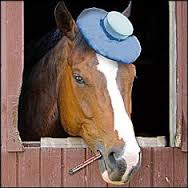 As most of us have experienced in racing, horses get hurt. Most of the time, injuries can be remedied with the correct treatment and rest. There are people who are prepared to take on a horse with an injury, but it is important to know exactly what the injury is and what the long-term implications are as you will need to ensure that any prospective home understands what they are getting into.
As most of us have experienced in racing, horses get hurt. Most of the time, injuries can be remedied with the correct treatment and rest. There are people who are prepared to take on a horse with an injury, but it is important to know exactly what the injury is and what the long-term implications are as you will need to ensure that any prospective home understands what they are getting into.
Temperament problems
There is a creature that the competitive world calls ‘a professional ride’. This is the brilliant, but flawed character that needs careful and skilful management to bring out its best. While it is understandable that professional equine athletes, like their human counterparts, are not always easy characters, the majority of the world outside racing is not professional. Bear that in mind.
Moving on
OK, assuming we have a sound horse that seems relatively sane, what’s the next step? The NHA has a number of forms available for download on its website. There is a Notification of Retirement form, which notes the horse, the date of retirement and details of the person the horse is sent to next. It is a compulsory document and must be filled out and submitted to the NHA when a horse leaves racing. The good news is that the process is free of charge. Next, there’s the Condition of Sale document. It is fairly similar to the Retirement Form, but includes the express condition that the horse is not to be used for racing again. Again, it is free to lodge this document. Lastly, there’s the Change of Ownership form. This costs R745 to lodge, so most people do not bother if the horse is retired out of racing.
There is currently no imperative to track horses outside racing, but in the event of an ownership dispute, Rule 34.6 states that the Chief Executive is entitled to intervene and register the horse in the name of the person who is able to establish lawful ownership. The law of the country trumps the rules of the NHA and therefore they have to act accordingly.
Which brings us to the next bit. There is no such thing as a perfect system. Effective systems are organic and evolve over time. Or at least, they do when they are allowed to. The key to getting any system to work is for it to be tested, and for users to give feedback so that it can be tweaked where necessary. There is plenty of criticism for the NHA’s procedures, but the fact of the matter is, if we want a workable system, we have to help build it.
Of course, this wisdom only comes with experience and last week’s incident is a textbook example of what happens when the system gets tested. While the school of hard knocks is bitter and painful, hopefully the lessons won’t be lost. If this creates an incentive to re-examine our retirement and rehoming policies, perhaps we will all be better off.



